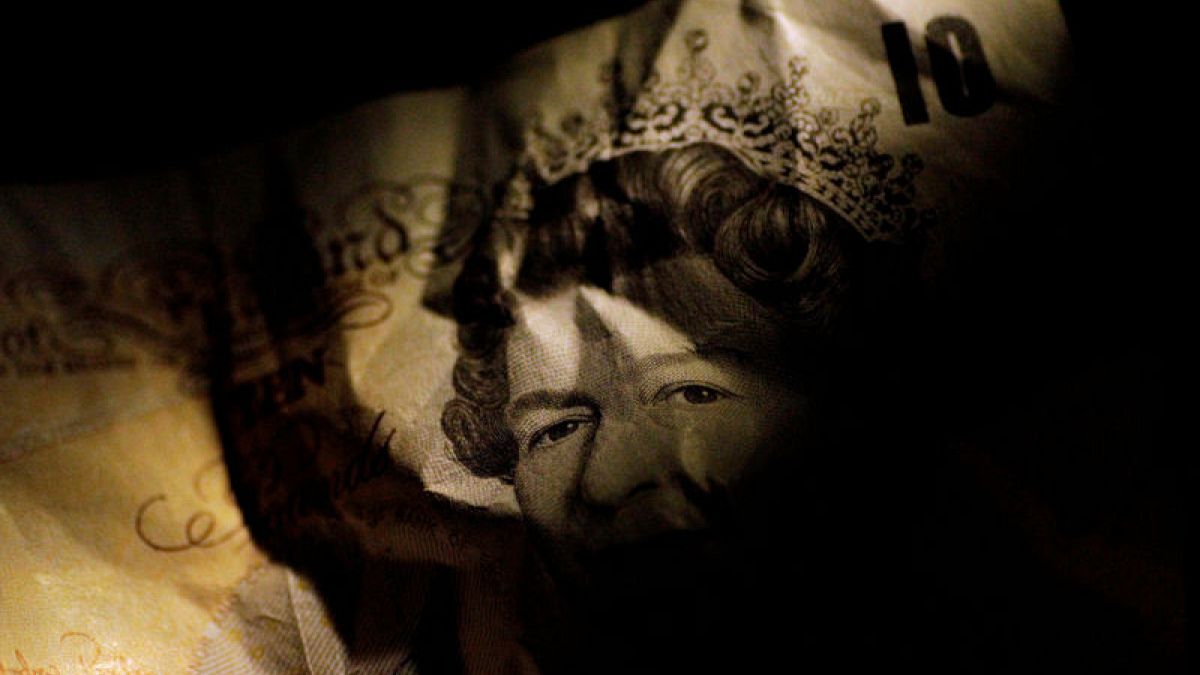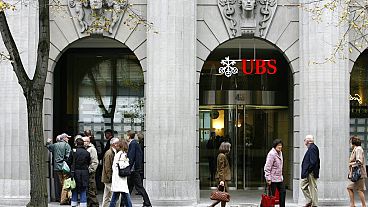A Reuters poll has found that sterling would bounce in the case of a Conservative win in the UK election, whereas a Labour win would see the opposite.
Sterling would receive a post-election bounce of around 3% if British voters give the ruling Conservative Party a majority in parliament on December 12, but will fall 2% if the opposition Labour Party wins a majority, a Reuters poll has found.
The pound has gyrated wildly since Britain decided in a June 2016 referendum to leave the European Union, see-sawing on any news about how the two sides would part ways after more than four decades together.
British Prime Minister Boris Johnson failed to live up to his promise that the country would leave the EU on October 31 "do or die", and he instead passed legislation for a national election in an attempt to strengthen his power base.
But the December election could result in another hung parliament, and threaten to drag the Brexit debate past the latest deadline of January 31.
Still, if voters return Johnson's party with a majority, raising the likelihood he will be able to get his Withdrawal Agreement ratified, sterling would immediately rise 3%, according to the poll conducted between October 31 and November 6.
Johnson is currently ahead in opinion polls.
The Labour Party plans to renegotiate Brexit and put the revised deal to a new referendum, something which could take months and lead to increased market uncertainty.
So if Labour leader Jeremy Corbyn, who also has plans to nationalise key industries and is seen as less business-friendly, wins a majority the pound would fall 2%, the poll predicted.
"A Conservative majority would imply a quick approval of the Withdrawal Agreement, thus ending uncertainty about Brexit," said Asmara Jamaleh at Intesa Sanpaolo.
"A Labour majority on the contrary would add new uncertainty because they seem to want to negotiate a new Brexit divorce and then hold a referendum on whether to leave on these terms or remain, which would increase uncertainty further."
Sterling has mostly focused on the twists and turns of Brexit, shrugging off economic data and any hints of future monetary policy from the Bank of England.
Britain's central bank looks set to sit out the global shift towards lower interest rates on Thursday, though investors will watch for any policymaker who might break ranks and vote to give the country's slowing economy more help.
That is at odds with the US Federal Reserve and the European Central Bank who have already begun loosening policy to support growth in response to a global slowdown largely caused by the trade war between the United States and China. That policy should sap some strength from the dollar and euro.
Median forecasts in the wider poll of almost 70 foreign exchange strategists said one pound would be worth $1.28 in a month, $1.26 at the end of January and $1.32 in a year.
It was close to $1.29 on Wednesday and the forecasts give a better outlook for sterling than given in October.
Predictions of long-term strengthening suggest a deal is most forecasters' base-case scenario, but is still a long way from where sterling was trading before the 2016 referendum.
Highlighting the uncertainty, 12-month forecasts ranged from $1.10 to $1.50.
Against the euro the one-, three- and 12-month forecasts were for 87.0 pence, 88.0p and 86.0p. Those medians were stronger for sterling than in October's poll.



